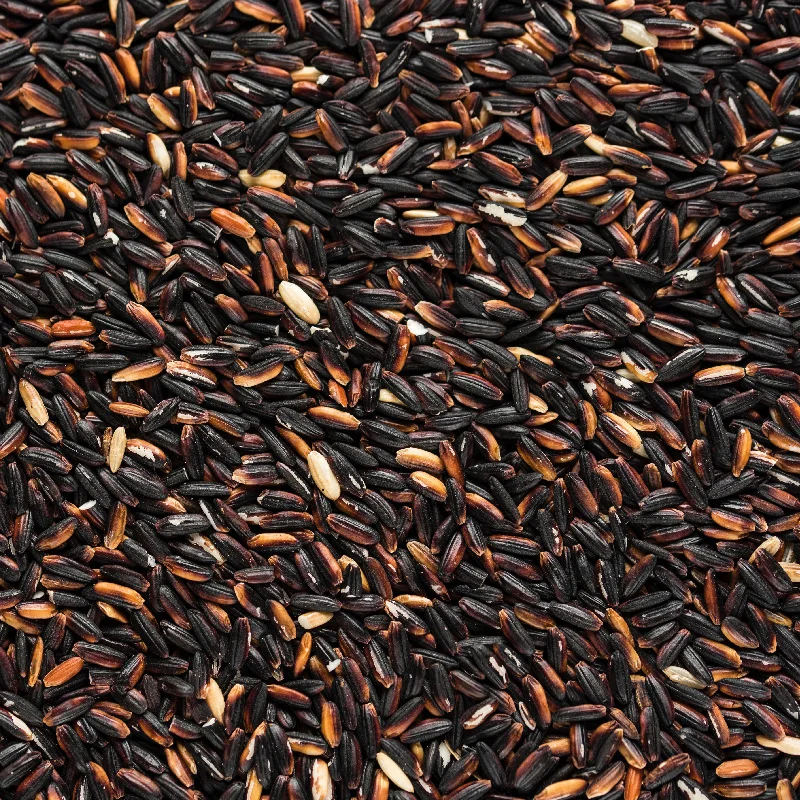Out of the Frying Pan
If you’ve taken a glimpse at the cooking oil section in your supermarket recently you’ve probably noticed it’s well anointed with a growing selection of new types of oils. Often these oils have slick labeling leaving us confused about whether we should be putting light olive oil from Italy in our basket or spray coconut oil from Asia.
I’m often grilled about what types of oil to use and how they differ. Cooking oils are liquid fat derived from plants, seeds or nuts. They have similar energy content so your grape seed oil or extra light olive oil might sound better but it will still have around 700 kilojoules per tablespoon.
The different health benefits between oils are in the types and ratio of fat they contain. Check your labels to see what type of fat is in your cooking oil. Polyunsaturated and monounsaturated fats are the good types of fat that lower your cholesterol. Saturatedfats are the bad ones that increase your cholesterol.
Remember, that oil is a fat and fat is very energy dense. You should only need one to two tablespoons at the most in your cooking. Spray oil is a great option as it lightly coats your entire pan and it’s easier to control how much you’re using.
When choosing your oil the next thing to consider is how you want to use it. Some oils can handle the heat and have what is called a high smoke point. A smoke point is the point at which your oil starts to break down and lose its nutritional value. It will also taste pretty bitter at this stage.
Some oils have a low smoke point and are best used in sauces, salad dressings and dips. Also, be aware that oil does not like heat and light. Store your oil in a cool, dark place so you’re not shortening its shelf life. Grapeseed and walnut oil are particularly prone to this.
Here is a breakdown of which oils you should think about having at your disposal. Olive oil, sunflower, canola and vegetable oils are the best choices for stir-frying andsautéing at a high heat. These oils contain healthy fats and less saturated fat. Peanut oil and grapeseed oil are also good for high temperature frying.
Olive oil is one of the most versatile oils. It is often sold as virgin or extra virgin olive oil. Extra virgin has less acid and a fruitier, stronger flavour than pure or virgin olive oil. Olive oil labeled as light refers to its hue or flavour not its kilojoules. Olive oil has a higher smoke point than extra virgin olive oil.
Photo by rawpixel.com on Unsplash
For lower temperature cooking still use your vegetable and olive oil. If you are baking it’s best to use foil or baking paper where you can. Most oils are now being produced in a spray can form so use a light spray for your grilling, baking and roasting where possible.
Salads, marinades, sauces and dips require flavour and different types of oils. Use extra virgin olive oil, flaxseed, walnut or linseed oil. Some of your oils with higher smoke points can also be used. Good choices are avocado oil, grapeseed or macadamia oil or sesame oil for Asian cuisine.
Palm oil should be avoided as almost half of it contains saturated fat and this oil has a big impact on the environment. Look out for it in vegetable blends. Coconut oil is also a saturated fat that is extracted from the coconut flesh leaving behind vitamins and beneficial polyphenol antioxidant compounds that are found in other oils. Although, it has been promoted to reduce cholesterol there is limited data to support this.
Australia produces some of the best cooking oils in the world. Some local producersare not only leading the way in flavour they are also improving convenience with squeezy, plastic oil bottles now produced by labels such Red Island. Remember, cooking oils deteriorate easily and local ones don’t have to travel far.
Don’t let the shelves dripping with cooking oil fry your brain. Many of the oils have similar properties and flavour. If you have the budget to have avocado oil on your Italian salad and sesame oil for your noodle one then enjoy it. For most of us simply including a good extra virgin and light olive oil with vegetable oil in our basket should make your dishes sizzle.







